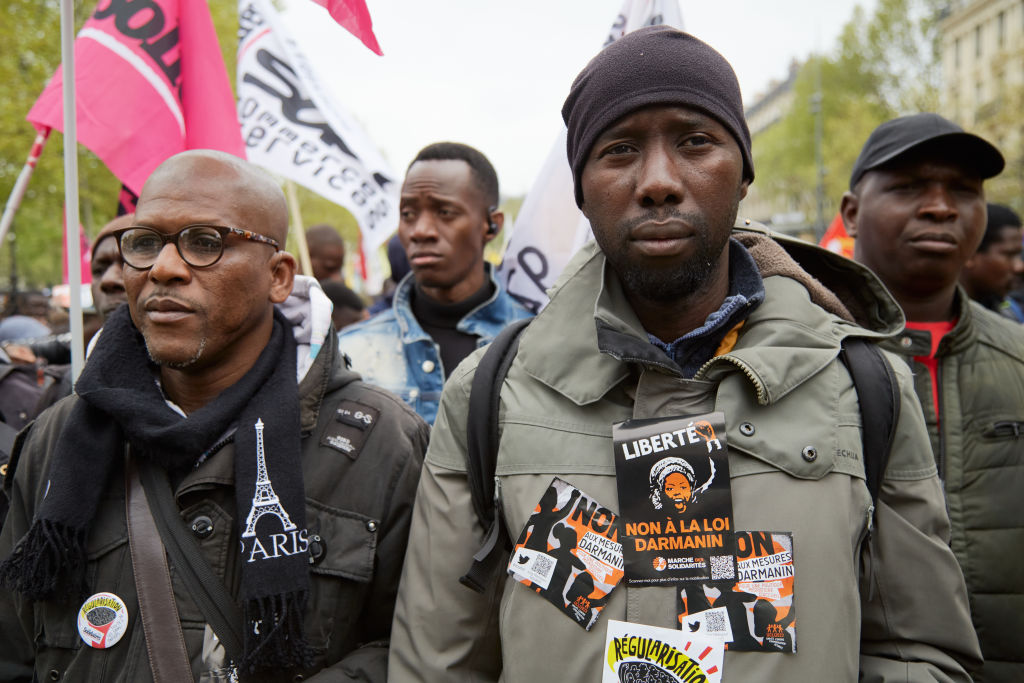The Norwegian Government has signed an agreement to start stockpiling grain to prepare for a possible supply problem towards the end of this decade.
This strategy is designed to protect against potential issues such as rising food prices in events such as a repeat of the COVID-19 pandemic, the spread of wars in Europe, or extreme climate change.
The deal signed by Minister of Agriculture and Food Geir Pollestad, Minister of Finance Trygve Slagsvold Vedum and four private companies, envisages stockpiling about 30,000 tonnes of grain in 2024 and 2025.
The wheat, which will belong to the government, will be stored by the companies in existing facilities throughout the country. Three of these firms will store at least 15,000 tonnes this year.
Businesses are free to invest in new facilities and decide where they want to store grain but they must make it available to the State if necessary for security reasons.
“Building up a contingency stock of food grains is about being prepared for the unthinkable,” the Norwegian agriculture ministry said.
The finance minister added that there should be an additional level of security in case of major disruptions in international trading systems or failures in domestic production.
EU Agriculture Commissioner Janusz Wojciechowski says farmers' protests across the bloc changed his outlook and helped facilitate reforms to the Common Agricultural Policy. #FarmersProtests2024 #Agriculture pic.twitter.com/ofJ5k5Kujw
— Brussels Signal (@brusselssignal) May 10, 2024
According to Pollestad, the ultimate aim of the project is to stockpile up to 82,500 tonnes of grain by the end of the decade, enough for the Norwegian population to be fed for three months in the event of a crisis.
Potential future catastrophes have been spoken of before by various senior individuals.
Regarding pandemics, Microsoft founder Bill Gates warned more could arise over the next few years in a column for The New York Times.
On possible upcoming armed conflict, a leaked report from the German Ministry of Defence (Bundeswehr) in January 2023 indicated that a widespread escalation of military action from 2025 was now on the cards, something it said could escalate to all-out conflict by 2028-2029.
COMMENT: Suicide, violence against women, and a rise in drug use. Before you jet off to Oslo, we must discuss Norway's dark side, writes @ghlionn. https://t.co/zVXBqLjecN
— Brussels Signal (@brusselssignal) May 13, 2024





